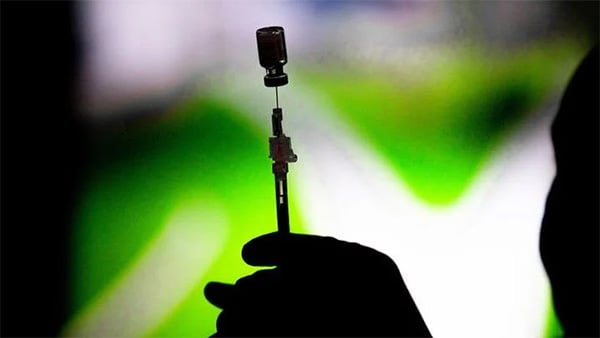By Dr. Takako Schaninger
University of Kentucky
The hepatitis vaccines you receive as a child don’t protect you from getting hepatitis C, a serious disease that can have fatal consequences including liver damage, cirrhosis and liver cancer.
Hepatitis is an inflammation of the liver most often caused by three viruses: hepatitis A, hepatitis B, and hepatitis C. There is no vaccine for hepatitis C.

Most people who get hepatitis C develop a chronic, long-lasting infection that sometimes doesn’t present symptoms for months or even years, meaning they can unknowingly spread the virus to others. Millions of Americans have hepatitis C, yet many don’t know they are infected. The only way to know for sure is to get tested.
The infection is transmitted mainly by blood-to-blood exposure. Today, most people become infected with hepatitis C by sharing needles, syringes, or any other equipment used to prepare and inject drugs.
The Centers for Disease Control and Prevention estimates that 2.4 million people in the U.S. have chronic hepatitis C, with Kentucky having some of the highest infection rates in the country.
The CDC recommends that all adults get tested for hepatitis C. Getting tested is important to find out if you are infected and get lifesaving treatment. Treatments are now available that can cure most people with hepatitis C in 8 to 12 weeks.
Hepatitis C is easily preventable. For people who inject drugs, the best way to prevent hepatitis C is to stop injecting. Drug treatment including buprenorphine can lower your risk for hepatitis C since there will no longer be a need to inject. However, if you are unable or unwilling to stop injecting drugs, there are steps you can take to reduce the risk of becoming infected including using new, sterile equipment for each injection and avoiding sharing equipment with others.
Dr. Takako Schaninger, M.D is an infectious disease physician with University of Kentucky Healthcare

















